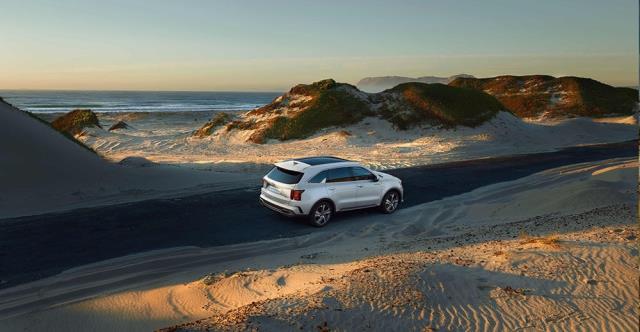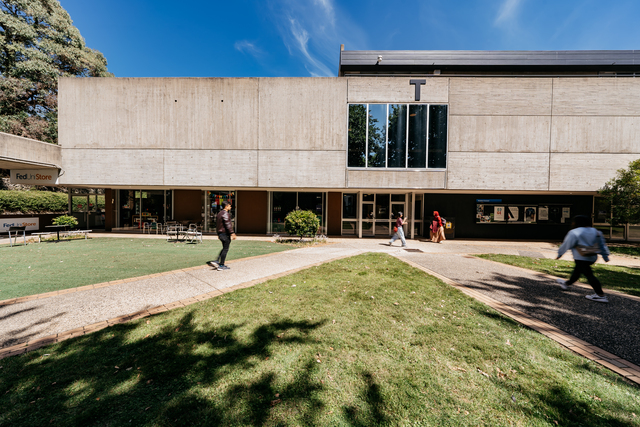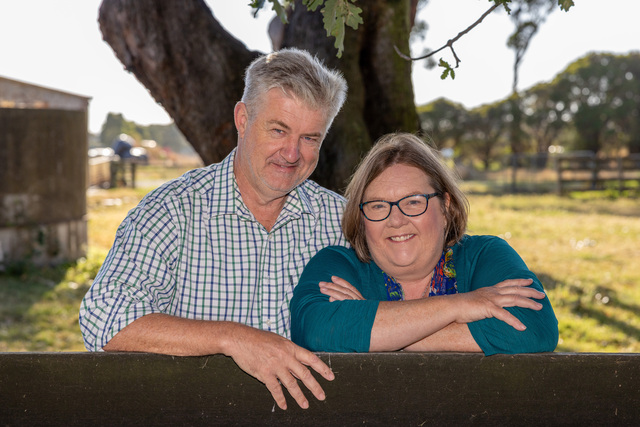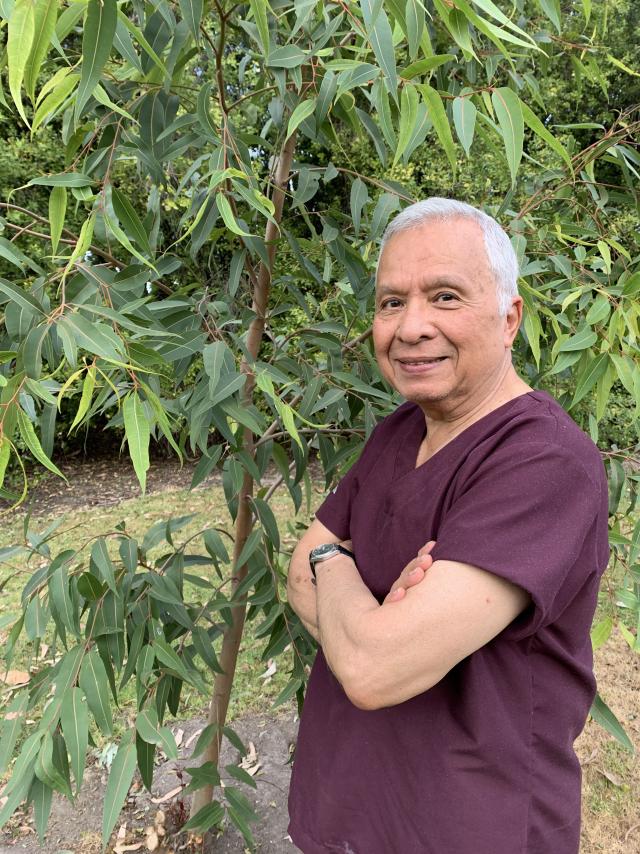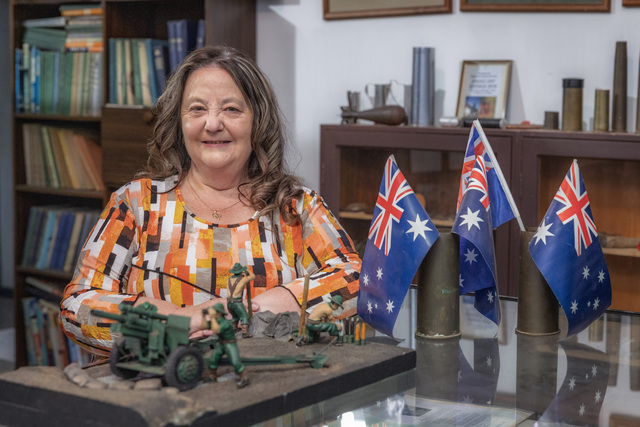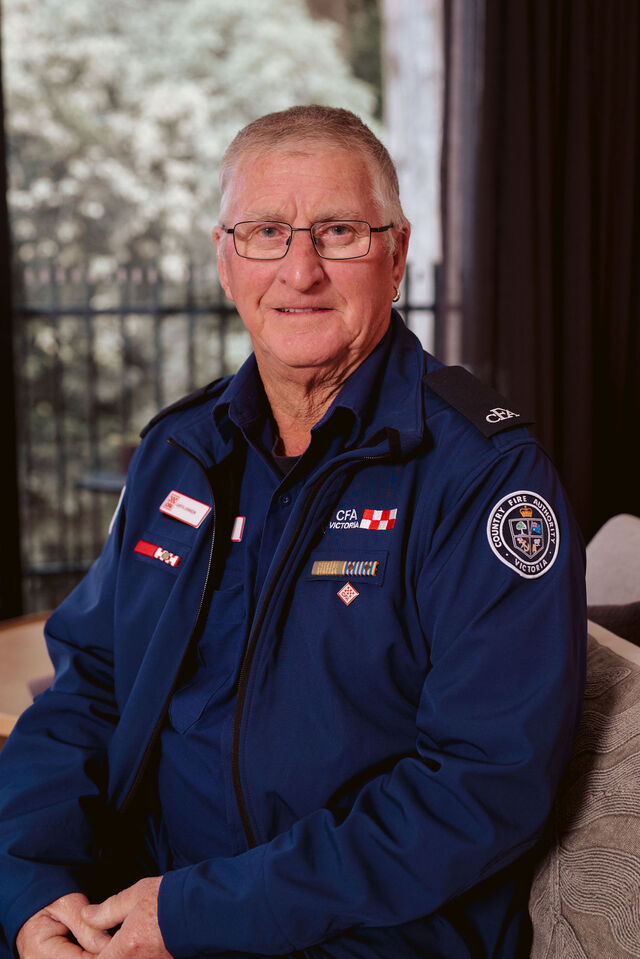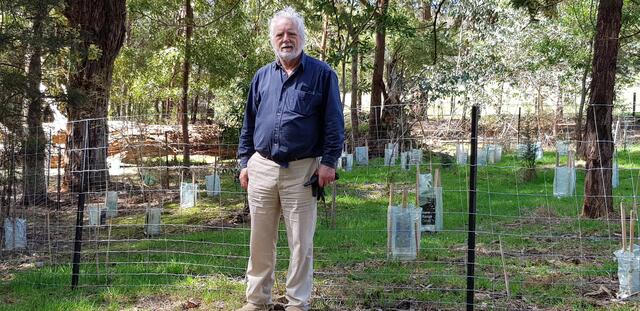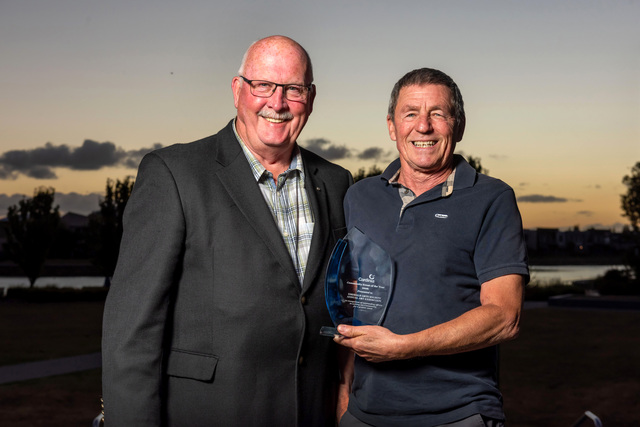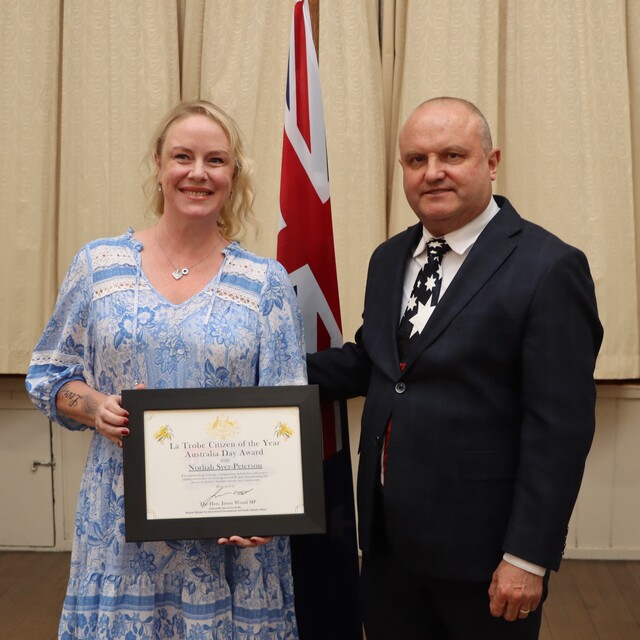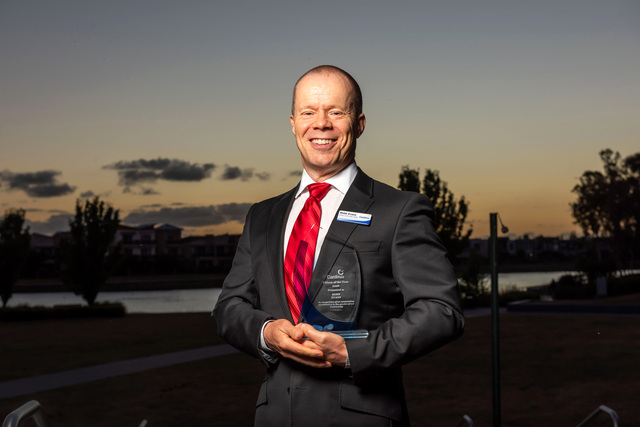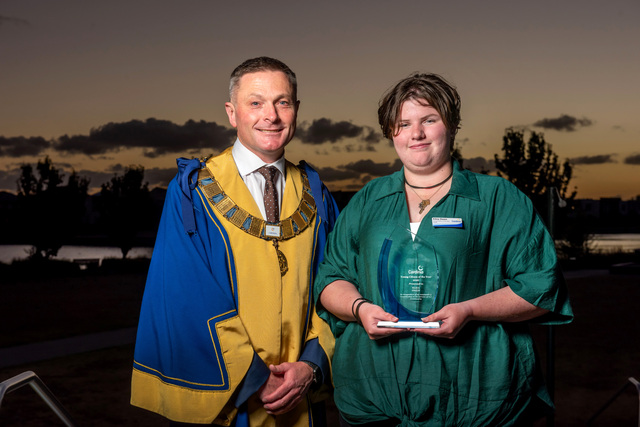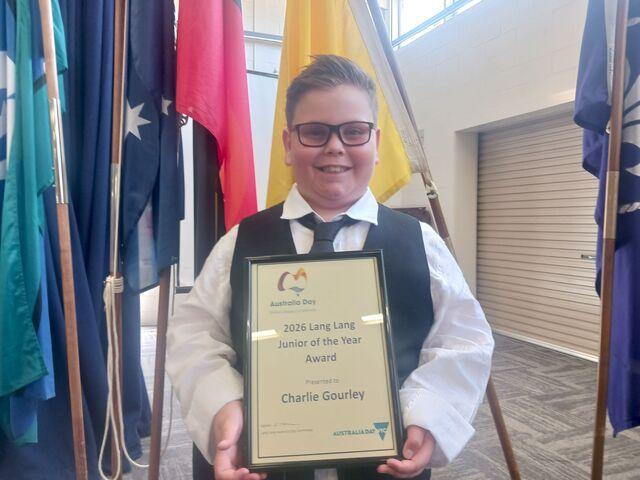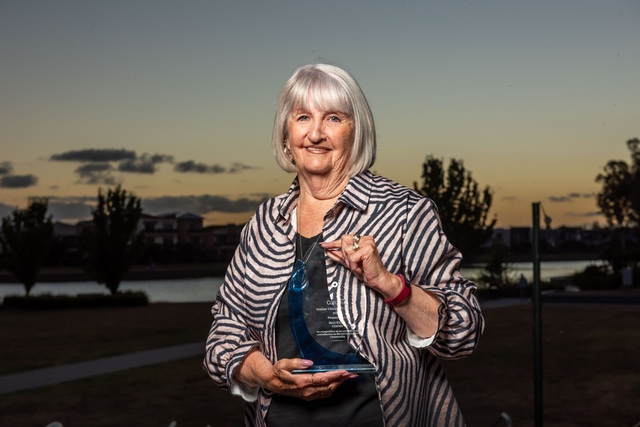The school holidays are once again upon us, and road trips are proving to be a great way to experience a cost-effective holiday and support regional economies.
The RACV has some expert tips on family road trips so you can get to your destination safely and protect your home while you are away.
RACV General Manager Mobility Elizabeth Kim recommends downloading the arevo app before you set out.
“For real-time trip time estimates, fuel pricing along the way, and parking rates when you arrive, download the arevo app,” Ms Kim said.
“The app also gives you great offers and discounts at attractions across Australia. Arevo is free to download and provides you with the information you will need to plan that successful road trip.
“The last thing you want on a family road trip is for something to go wrong with the car and having no solution in sight. Ensure your car is up to date with its service requirements and everything is in good working order.
“Also ensure you have adequate car insurance and emergency roadside assistance so you can get help as quickly as possible in case the unexpected happens.
“Before a road trip is a good time to review your car insurance. Pay particular attention to the coverage you have for a hire car, windscreen damage and towing of your vehicle. For insurance advice and Victoria’s most trusted emergency roadside assistance visit the RACV website.”
Returning home from a trip to find your most treasured belongings missing can be devastating.
RACV Head of Home Insurance Kirsty Hayes says a few simple things can be done to give you peace of mind when travelling.
“If you have a trusted neighbour make them aware that you will be away and ask them if they can keep any mail or deliveries safe until you return,” Ms Hayes said.
“Set a timer for some lights to come on at night and double check that every single door and window is locked properly.
“The How Safe is My Place app is full of tips and resources to help safeguard your home from burglary.
“The app was developed in conjunction with Neighbourhood Watch to help you identify risks and get you thinking about easy things you can do which have a significant impact on how secure your home is.”
“It is also essential to check that your home insurance is up to date, with an adequate level of cover.”
The RACV also recommends packing a Survival Car Kit, containing wet wipes, nappies (if needed), toilet paper, jumpers or coats, bathers and towels, a torch, cash, socks, a first aid kit, extra water, jumper leads, a phone charger, and a backup paper map.
If time allows, also think about breaking up your trips with stops along the way that you’ve planned out in advance for eating, toilet breaks, stretching your legs and having a scenic tour. It’s a fantastic way to support the local communities, learn about the area – and just might help you survive that road trip.

